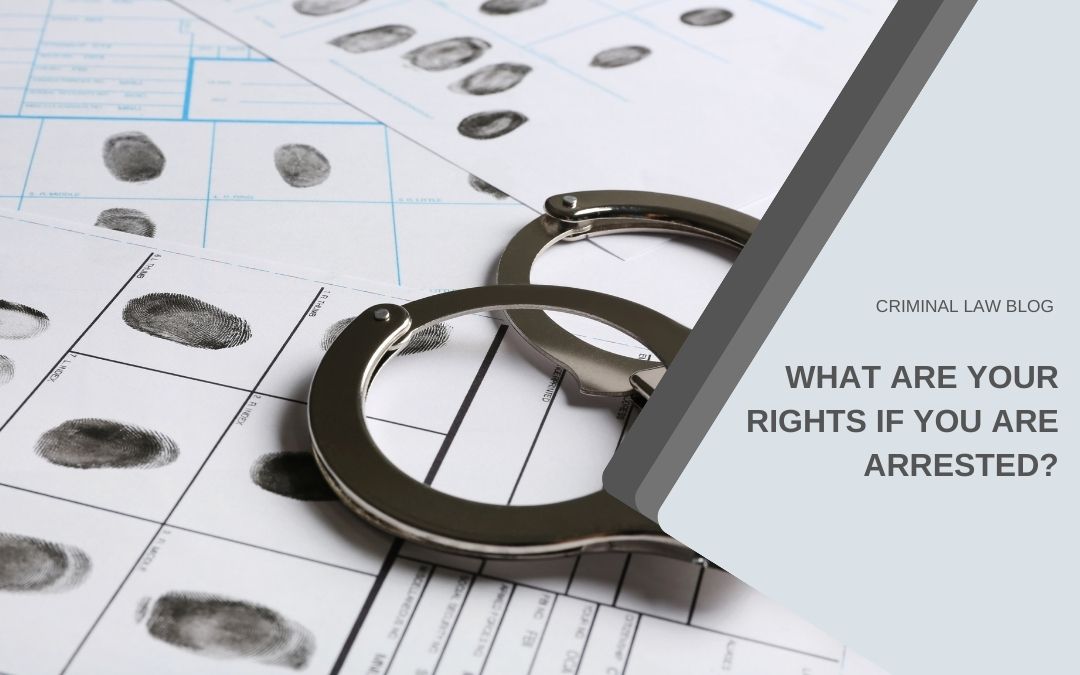A law enforcement officer should read your Miranda Rights to you when being arrested or before an interrogation. The Miranda Rights inform you of your Fifth Amendment Right to remain silent.
If these Miranda Rights are not provided, you need to let an experienced criminal defense attorney know, as this can impact the prosecution’s case.
If arrested, you have the right to:
- Know what crime or crimes you’re being charged with
- Stay silent and not answer any questions
- Stop answering questions at any time and remain silent even if you initially answered some — and law enforcement should no longer ask you questions at that point
- Communicate by phone with your lawyer, a family member, a friend, or a bondsman
- Consult with your lawyer before answering any questions
- Have an attorney present if you decide to answer questions
- Be assigned a lawyer if you can’t afford one before any further questions can be asked
However, be aware that the police have the right to complete the booking process before you can use the phone.


